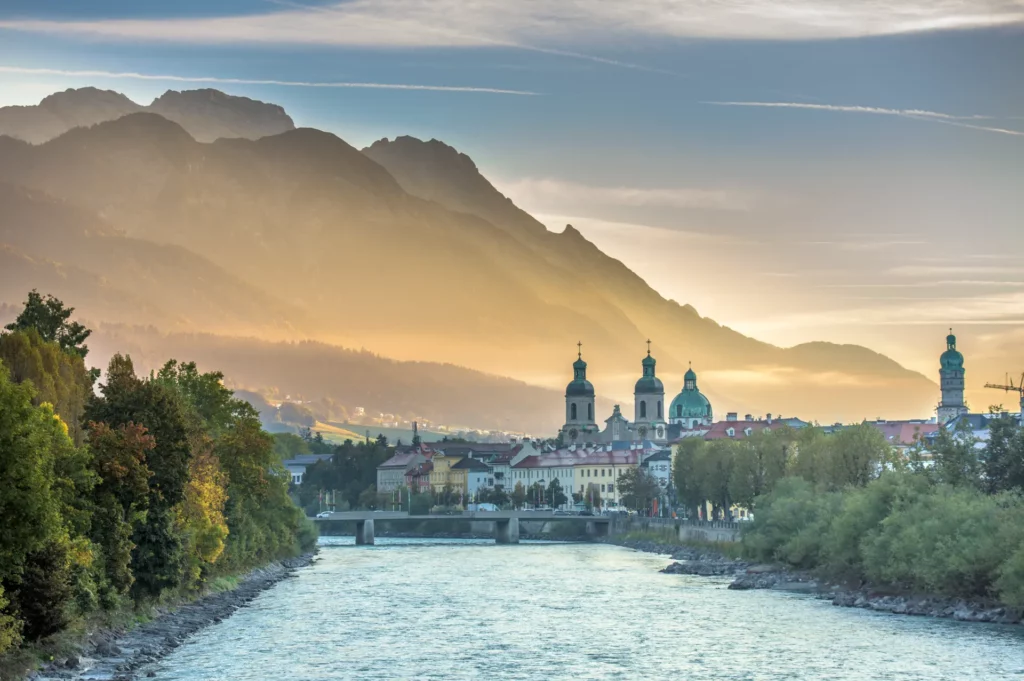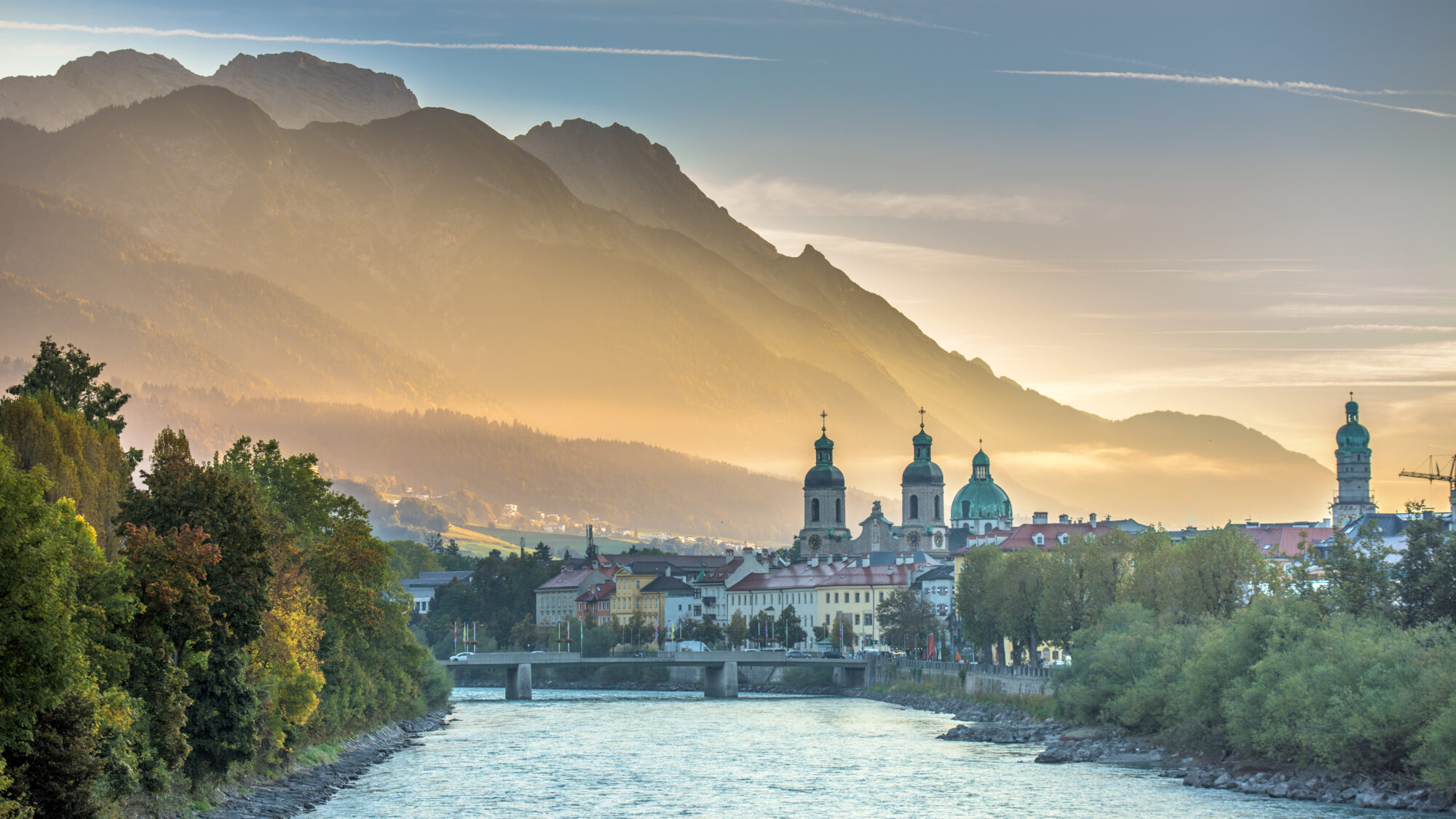Research Fields
The three research areas are divided into more concrete research fields in which the different disciplines and scientists involved will cooperate in their concrete research activities. These areas will be the focus of our debates and scientific work.

The research fields are
This research topic focuses on the aspects of a rather conscious appropriation of raw material and transforming to resources and of the opposite: The occurring of them that societies influenced by a flow of events that they only could react in a more passive way.
The genesis and the production of knowledge will be discussed on the basis of resources and materials. The debate seeks to establish a detailed discussion on the processes of appropriation and various forms of knowledge enmeshed with such processes.
cultured landscapes are socio-natural arenas of a deepened bounding of emotions and experiences of humans and communities as part of their collective memory. Practical and ideological concepts will be investigated on the basis of examples to understand the role of resources within the production of identity.
Practices are regarded an important vehicle to investigate the entanglement of various forms (internalized and externalized) of knowledge and any form of material expressions of making and consuming with, of and to resources (materialized practices on the basis of the [technical] biography of things) (microscale approach).
The broad field of social transformations will be investigated especially on the basis of creativity, invention and innovation, both displaying and having different impacts on communities in regard of macroscale events that effects larger parts of populations (macroscale approach).
Daily life practices and shared perceptions constitutes an implicit understanding of environments and therefore direct decision either in regard of resources managements and the integration of materials and resources to cultural expressions. Sensual experiences in production and consumption are particularly investigated.
Evolutionary economic theory regards the governance and the implementation of innovation as economic strategy as tightly interwoven. Governance structures and their perception and conception of decision makers (individuals and groups) are investigated in their effects on economic and social transformation but also their decision horizons when dealing with accidental effects (macroscale side-effects of policy and environment [e.g. climate, exhaustion of resources])
Scales are decisive when it regards the influence of resource-related processes to transformation of social and economic spheres. Multi-dimensional spatial frameworks consider networks, connectivity, relationality and the relation of size to processes should be integrated in theoretical approaches.

